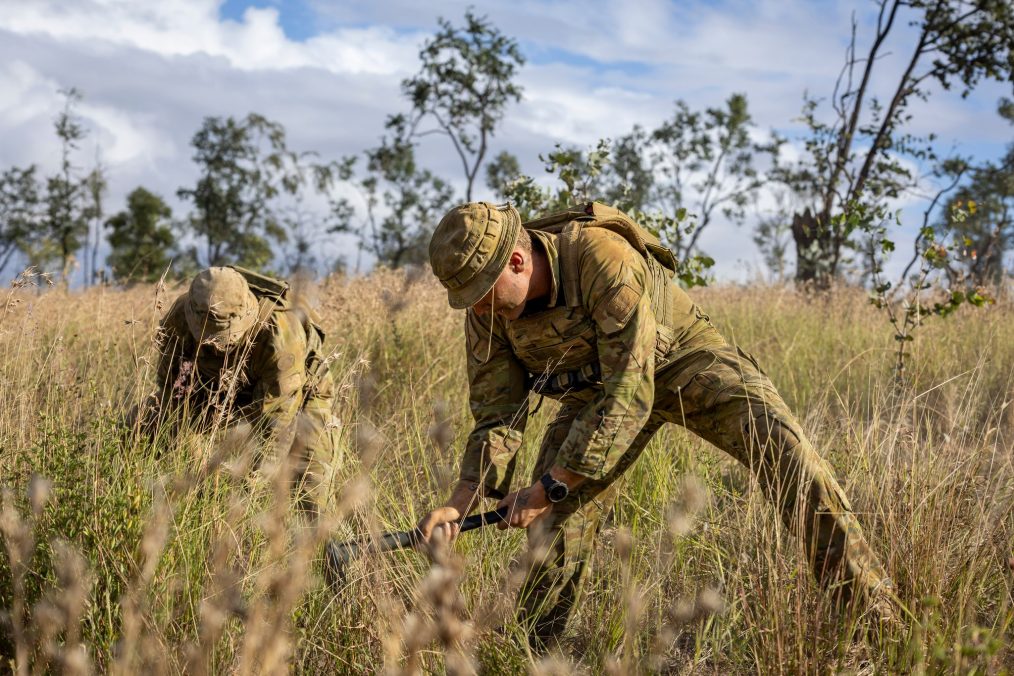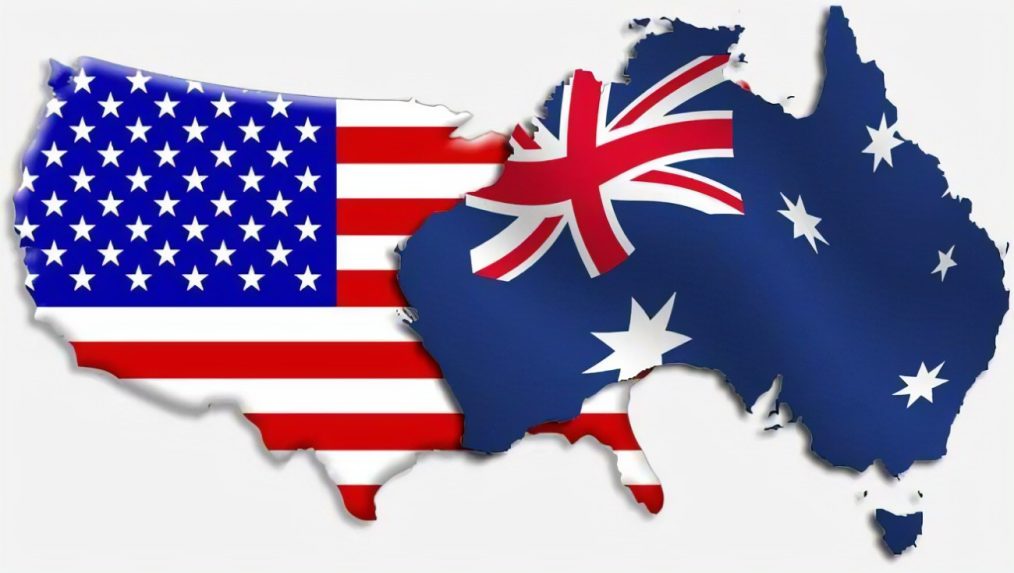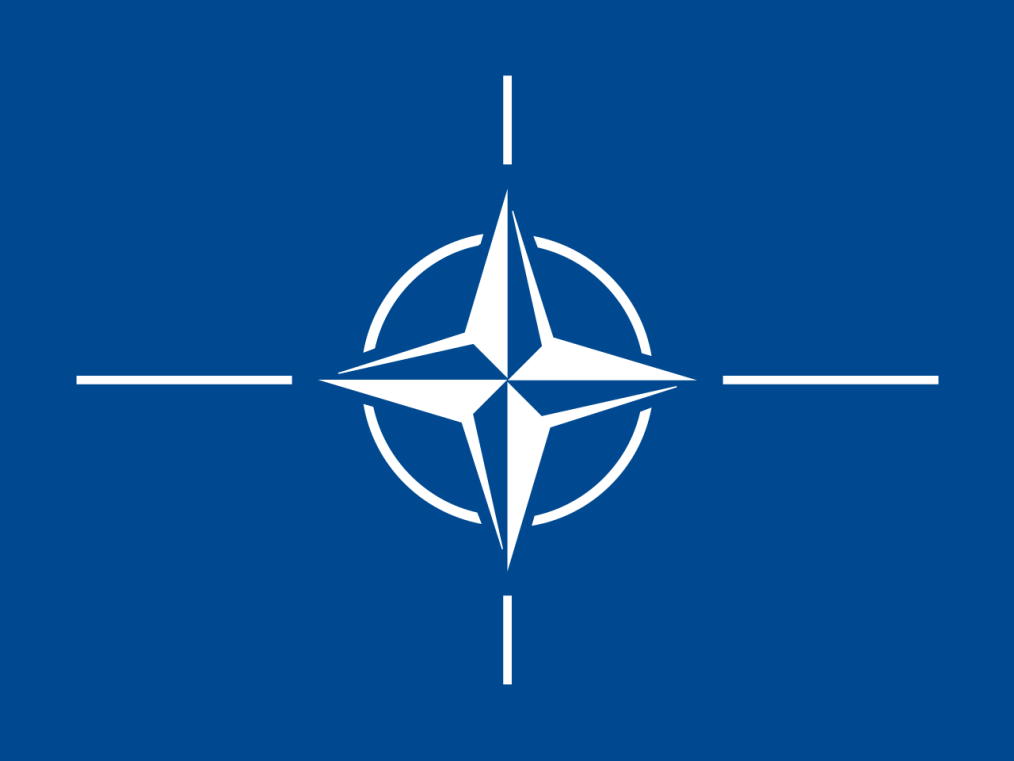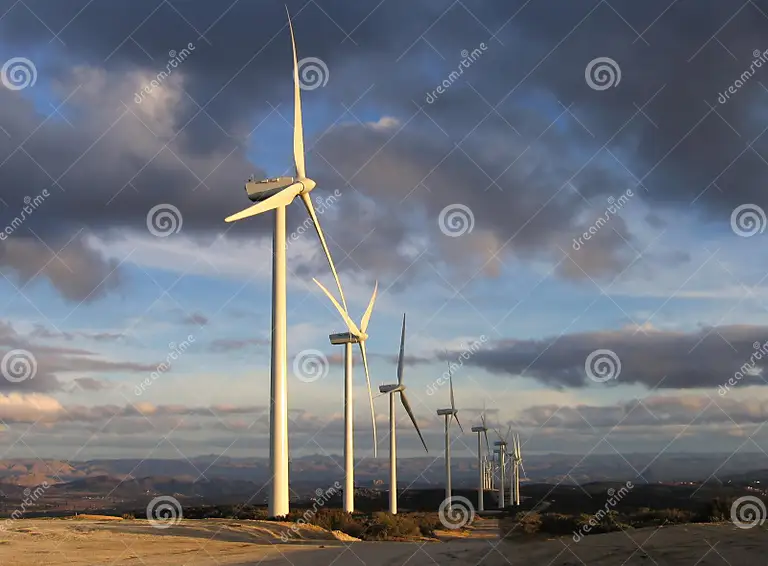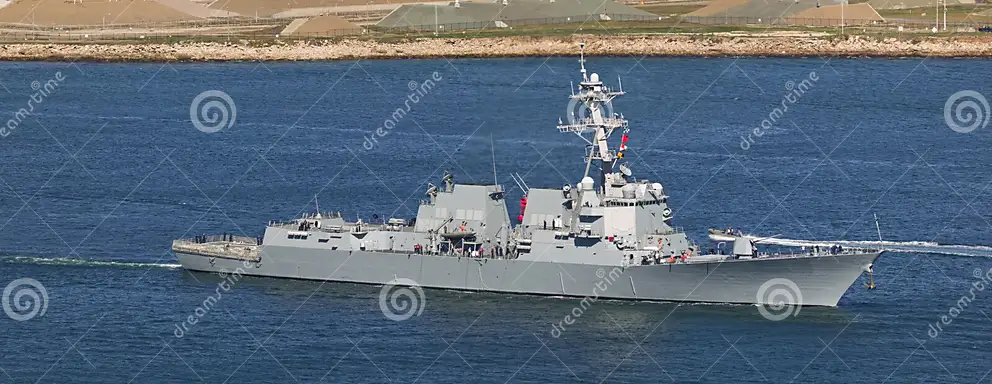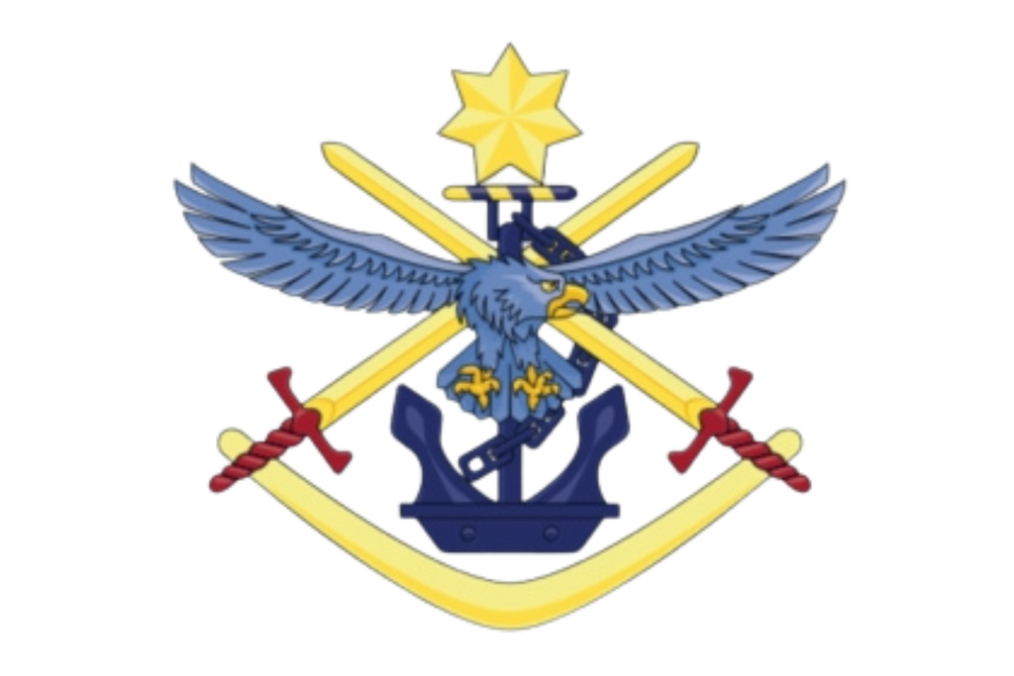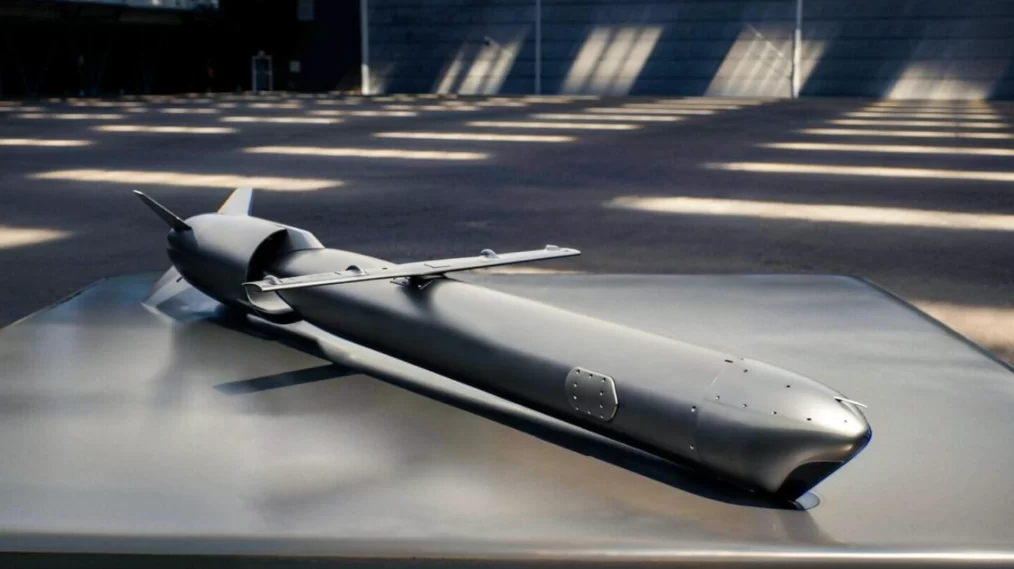Australian Defence Force personnel are working side-by-side with state authorities in Western Australia and Queensland from 12 to 28 July 2024 as part of Exercise Austral Shield 2024. Exercise Austral Shield 2024 is designed to exercise the Australian Defence Force’s short-notice response to a domestic security threat. This year Exercise Austral Shield is being held across northern Australia with Australian Army Reserve personnel mobilised at short notice to assist state emergency services in the execution of domestic security response against a simulated domestic threat. Exercises like Austral Shield are an essential part of maintaining an agile and ready force. The Australian Defence Force maintains short notice and specialist capabilities that may be called upon, under Commonwealth direction, to assist the civilian authorities in responding to domestic security threats.
The US military is building infrastructure in northern Australia air bases to help it project power into the South China Sea if a crisis with China erupts, according to tender documents and interviews with US and Australian defence officials.
In an unprecedented move, Israel’s Foreign Minister, Israel Katz, has urged NATO to expel Turkey from the alliance following recent threats from Turkish President Recep Tayyip Erdoğan. Katz’s call to action has sent shockwaves through diplomatic circles, as the volatile situation between Israel and Turkey reaches a boiling point.
Katz has wasted no time in rallying international support, instructing Israeli diplomats to urgently engage with NATO members. His demands for Turkey’s condemnation and expulsion come in response to Erdoğan’s recent aggressive rhetoric and threats. “Turkey’s actions and words are unacceptable and threaten regional stability,” Katz said in a press statement. “NATO must take a stand and show that such behaviour will not be tolerated.”
The latest bout of tension was sparked by Erdoğan’s incendiary comments threatening to deploy Turkish military personnel to Gaza. The Turkish president claimed this would demonstrate strength and deter Israeli actions in the region. His statements have ignited fears of a broader regional conflict, drawing widespread condemnation from various international quarters.
Prominent global leaders have voiced their concerns about the escalating situation. Geert Wilders, a well-known and controversial figure in the Dutch House of Representatives, did not mince words, calling Erdoğan an “Islamofascist” and “totally nuts.” Wilders, who has a history of advocating for Turkey’s expulsion from NATO, seized the opportunity to reinforce his stance.
NATO, however, finds itself in a complex predicament. Turkey, a member since 1952, boasts the alliance’s second-largest army, making its expulsion a complicated and unprecedented move. NATO currently lacks a specific mechanism to suspend or expel a member, a fact reiterated by NATO Secretary General Jens Stoltenberg in 2021 when he stated that creating such a mechanism “would never happen.”
Despite the gravity of Israel’s request, NATO’s leadership has remained tight-lipped, offering no immediate response to Katz’s demands. Analysts suggest that any move to expel Turkey could destabilize the alliance and significantly alter the geopolitical landscape of the region.
As tensions between Israel and Turkey continue to mount, the international community watches closely. The situation underscores the delicate balance NATO must maintain among its diverse members, each with its own strategic interests and regional challenges. Israel’s call for action, coupled with Erdoğan’s inflammatory rhetoric, highlights the fragile nature of international alliances and the ever-present risk of conflict in a volatile world.
For now, the world waits to see how NATO will navigate this diplomatic crisis, balancing the principles of the alliance with the pressing need to maintain regional peace and stability.
Newsline – Sarah Whitten
Twelve children died when a rocket, allegedly fired by Hezbollah, hit a soccer field in the Israeli-controlled Golan Heights on July 27. Hezbollah, an Iran-backed Lebanese group designated as a terrorist organization by Australia and the U.S., has escalated tensions in the region.
Prime Minister Anthony Albanese, in a joint statement with Canadian Prime Minister Justin Trudeau and New Zealand President Christopher Luxon, warned of the risks of escalating hostilities. He emphasized the threat posed by Iranian-backed groups such as Hezbollah, Hamas, and the Houthis, calling for a ceasefire and peace negotiations.
The U.S. attributed the attack to Hezbollah and condemned it, reinforcing their support for Israel. Efforts are being made for a diplomatic solution along the “Blue Line” to ensure safety for civilians on both sides.
Liberal Senator Dave Sharma expressed sorrow over the loss of life and condemned Hezbollah’s continuous attacks on Israeli civilians. The prime ministers’ joint statement also condemned Iran’s actions and urged for an end to the violence, highlighting the risk to thousands of civilians in Lebanon and Israel.
Ipsos Summery
A new survey reveals that a growing number of Australians believe the shift to renewable energy is negatively affecting energy prices in the country. Ipsos, a global market research firm, has released a report offering insights into Australians’ views on the government’s and political parties’ push for an energy transition.
The survey found that 41 percent of respondents are worried about the transition’s impact on living costs, marking a 10 percent increase since 2022. Additionally, 37 percent and 36 percent of respondents feel the transition is detrimental to the affordability of household energy bills and the reliability of energy supply, up by 7 percent and 11 percent, respectively.
Moreover, the percentage of Australians who want the transition to focus on reducing energy prices and enhancing network reliability has surged by 13 percent compared to the previous survey. There has also been a decline in support for Australia taking a leading role in the energy transition, with only 58 percent of respondents now in favor, down from 64 percent in 2022.
“The current cost-of-living environment is prompting many Australians to reassess the financial impact of the energy transition on their households,” said Stuart Clark, Ipsos Australia’s Public Affairs Director. “This is dampening enthusiasm for Australia to lead the global transition.”
These concerns come amid a notable rise in electricity prices in recent years. Data from the Australian Competition and Consumer Commission shows that effective prices for residential customers increased by 14 percent between September 2022 and September 2023, following a 13.1 percent rise between September 2021 and September 2022.
For instance, over two-thirds of respondents believe the transition could lead to higher household energy prices, while 58 percent think electric cars are as harmful to the environment as petrol cars. Additionally, half of the respondents feel that building more solar and wind farms is encroaching on valuable agricultural land, and more renewable energy projects could lead to increased blackouts and brownouts.
Sky News
Earlier this week, the Ministry for Defence confirmed that a decision regarding the fate of those accused of war crimes in Afghanistan would be made “before the election” and “soon.” Although the date for the next federal election remains unconfirmed, it is anticipated to occur before May of next year.
Deputy Prime Minister Richard Marles affirmed that a decision on whether to strip medals from Australian Defence Force (ADF) personnel would be made prior to the upcoming election. This announcement follows the 2020 Brereton inquiry’s findings, which investigated alleged war crimes committed by ADF members during the Afghanistan war between 2005 and 2016.
Former Chief of the ADF, Angus Campbell, had previously informed current and former ADF members that honours for distinguished and conspicuous service in warlike operations might be rescinded.
“I will be making the decision before the election; I can tell you that. I’ll be making that decision soon,” Deputy PM Marles stated in an interview with Sky News on July 28.
He clarified, “Just to be clear, this is a decision not in relation to the person (Ben Roberts-Smith) that you mentioned, but in relation to those who had command authority. That is a process that I’ve wanted to go through thoroughly to make sure that we get the answers to this right.”
Marles emphasized the thoroughness of the review process, saying, “It is one that has been on my desk and we’ve been going through in an enormous amount of detail, but it won’t be long before we are able to make those decisions and certainly, they’ll be made before the election.”
The United States’ shipbuilding capabilities are significantly behind those of China, highlighting the urgent need for the US Navy to bolster its preparations for a potential conflict in the Indo-Pacific region. This warning was issued by a senior State Department official during a congressional hearing today.
Kurt Campbell, Deputy Secretary of State and former National Security Council senior official, addressed the Senate Foreign Relations Committee, emphasizing the critical gap in shipbuilding between the US and China. “The disparity in shipbuilding is alarming. We must improve in this area to maintain our status as a leading naval power in the 21st century,” Campbell stated.
Having played a key role in developing AUKUS during his tenure at the NSC, Campbell acknowledged the workforce challenges facing American industry and the complexities of collaborating with allies. He noted that the focus on ground forces over the past two decades, due to conflicts in the Middle East, was justified. However, he stressed that any future conflict in the Indo-Pacific would shift the emphasis back to the Navy and Air Force.
“It is now the time for the Navy and Air Force,” Campbell declared. “They must increase investment, innovate, and adopt a more daring approach. The Indo-Pacific demands the most advanced naval and long-range air capabilities the United States has ever required.”
During the same hearing, Campbell was questioned about China’s growing relationship with Russia. He echoed concerns from Pentagon officials regarding Chinese support for Russia in its ongoing war in Ukraine and assistance in accessing Arctic resources. However, Campbell urged lawmakers not to underestimate Russia’s role in this partnership, despite the perception that Moscow is becoming increasingly dependent on Beijing.
“China and Russia are vying for influence in North Korea. China is uneasy about some of Russia’s actions there,” he explained. “They are also competing in the Arctic. While this doesn’t signify a rift, it highlights the complex diplomacy at play among these nations.”
To Dad’s beloved 4 and 2/4 Battalion RAR family and friends.
It is with a heavy heart that I convey Dad lost his battle with cancer overnight, passing away peacefully at home with all of his boys with him.
He was very appreciative of the messages received through the week, recounting some great memories and times with many of you, it brought a smile to his face.
Thank you
Dad does not want a funeral service, choosing to just have a cremation and then interment of his ashes with his beloved wife of 53 years, our mother Sue Moncrieff who we lost 3 1/2 years ago. They will now be at rest and peace together.
We will hold a BBQ and some farewell drinks at an appropriate time and will advise of these details for anyone that may wish to come along and raise a glass in memory of dad.
We have been so lucky to be able to care for him at home right to the end.
Thanks again to everyone that reached out, we may see you at a small gathering in the near future.
Darren, Shane, and Garry Moncrief
Sincerely
Wendy M McLean J.P.(Qual) LM
Secretary/Membership Officer
4RAR Association Qld. Inc.’
Admiral David Johnston’s First International Visit as Chief of the Defence Force
Chief of the Defence Force Admiral David Johnston AC RAN visited Fiji and Vanuatu from July 26 to 29. This marked his inaugural international trip in his new role, highlighting the significance the Defence Force places on relationships with Pacific partners.
“I was proud to visit two of our key Pacific partners for my first overseas visit as Chief of the Defence Force,” said Admiral Johnston. “I looked forward to engaging with leaders in Fiji and Vanuatu to discuss our strong bilateral relationships and deepen our cooperation.”
In Fiji, Admiral Johnston oversaw the formal handover of 14 Bushmaster Protected Mobility Vehicles purchased by the Fijian government and delivered by HMAS Choules in June. “Australian Bushmasters provide world-class protection and adaptability. They will support the development of Fiji’s peacekeeping capabilities and demonstrate our commitment to closer ties under the enhanced Vuvale partnership,” he said.
During his time in Vanuatu, Admiral Johnston participated in the commissioning ceremony of RVS Sokomanu, Vanuatu’s new landing craft. This vessel’s delivery underscored Australia’s dedication to enhancing Vanuatu’s sovereign humanitarian assistance and disaster relief capabilities.
“Australia and Vanuatu’s bilateral relationship is founded on our shared values and vision for a secure and prosperous Blue Pacific,” Admiral Johnston remarked. “We recognise the impact of natural disasters across the Pacific and are committed to working with Pacific partners to respond when disasters occur, build disaster resilience, and support communities in recovery. Australia continues to work with Pacific partners to maintain a peaceful, stable, and prosperous region.”
An artist’s rendering of IAI’s Wind Demon missile, unveiled at the Farnborough Air Show on July 23, 2024. (IAI)
FARNBOROUGH AIR SHOW 2024
Israel Aerospace Industries (IAI) has introduced the Wind Demon, a new lightweight and cost-effective air-to-surface cruise missile designed to meet the increasing market demand for mass-attack capabilities.
Guy Bar Lev, Executive Vice President and General Manager of IAI’s Systems Missiles and Space Group, emphasized the significance of affordability in modern warfare. “We see a growing market demand for effective and affordable systems that will offer attacks in mass,” Bar Lev stated.
Describing the Wind Demon as a new generation missile, Bar Lev highlighted its advanced capabilities, which are a culmination of years of experience in missile and loitering munition development. The missile is intended to provide an accurate and economical response to the evolving nature of warfare.
The Wind Demon weighs 140 kilograms (308 pounds) and has a range exceeding 200 kilometres (124 miles). It can be launched from various aerial platforms, including helicopters and warplanes. The system is equipped with laser-homing seekers and electro-optics, enabling day or night operations, as well as automatic target recognition.
IAI also pointed out the missile’s enhanced connectivity features, which include real-time video transmission, person-in-the-loop control, and low altitude hold throughout the mission. Its selectable fast/slow/fast speed profile allows for rapid reactions and controlled slow approaches at critical points.
The missile’s warhead, weighing over 20 kilograms (44 pounds), is versatile and can be adapted for blast, fragmentation, and penetration effects. Despite being smaller than other notable Israeli missiles such as the Popeye and Gabriel systems, the Wind Demon stands out for its affordability and capability to be deployed in large numbers.
IAI underscored the importance of affordable mass munitions, referencing the current conflicts in Ukraine and Gaza, which have demonstrated the necessity for large quantities of diverse munitions. The Wind Demon aims to offer a cost-effective solution to this need, capable of targeting air defence systems, radars, and moving targets on the ground.
In conclusion, the Wind Demon represents a significant advancement in affordable and effective air-to-surface cruise missile technology, promising to reshape the landscape of modern warfare with its mass deployment capabilities.

